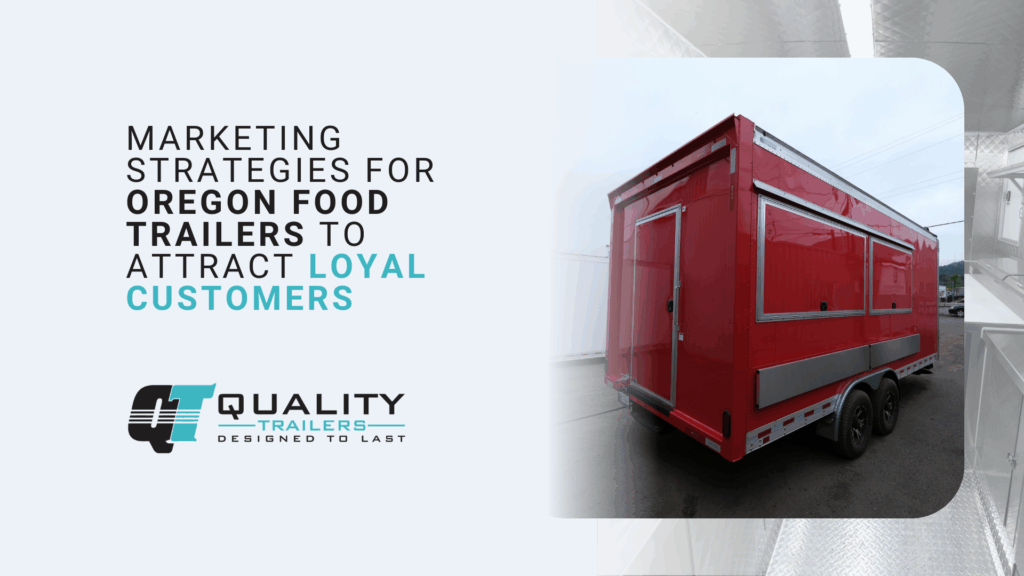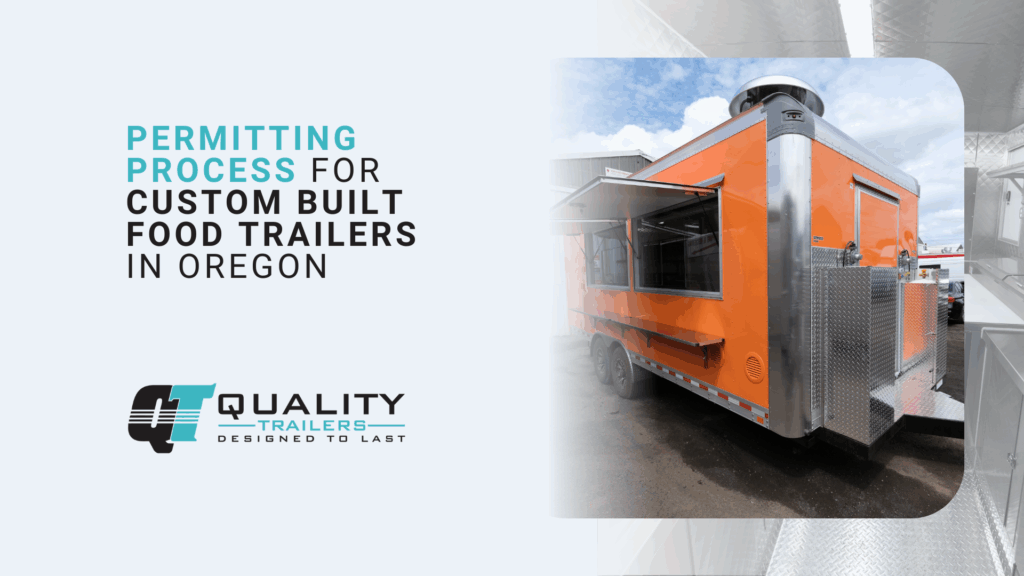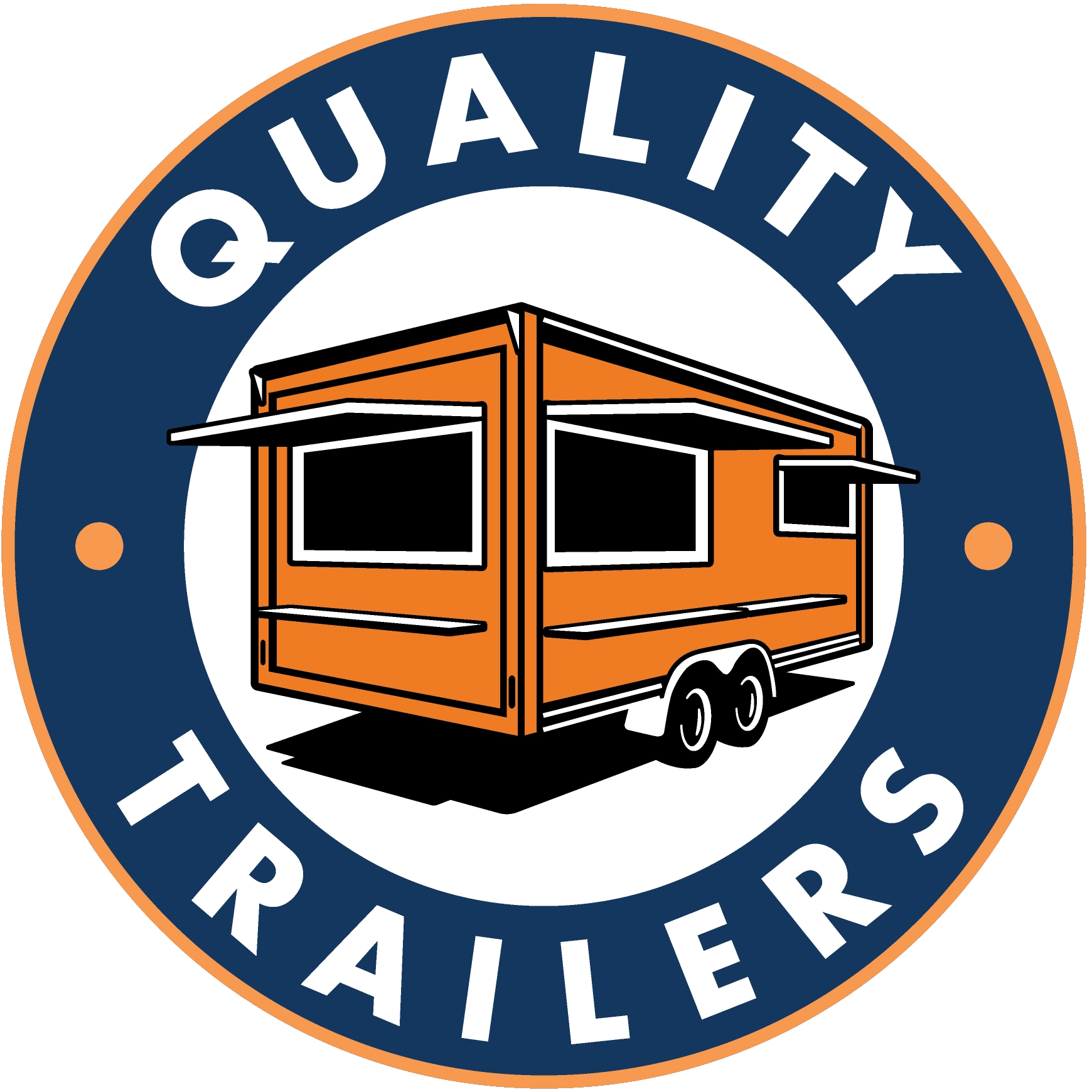Marketing Strategies for Oregon Food Trailers to Attract Loyal Customers

In the vibrant culinary landscape of the Pacific Northwest, food trailers have become an integral part of the dining scene. For entrepreneurs operating in Oregon’s competitive food trailer market, implementing effective marketing strategies is essential to stand out and build a loyal customer base. This comprehensive guide explores proven tactics that can help your mobile […]
Permitting Process for Custom Built Food Trailers in Oregon

Starting a mobile food business in Oregon involves navigating a complex web of regulations, permits, and inspections. For entrepreneurs looking to launch their culinary dreams with custom food trailers, understanding the permitting process is crucial to avoid costly delays and ensure compliance with state and local requirements. Understanding the Regulatory Landscape for Food Trailers in […]
